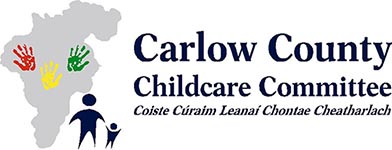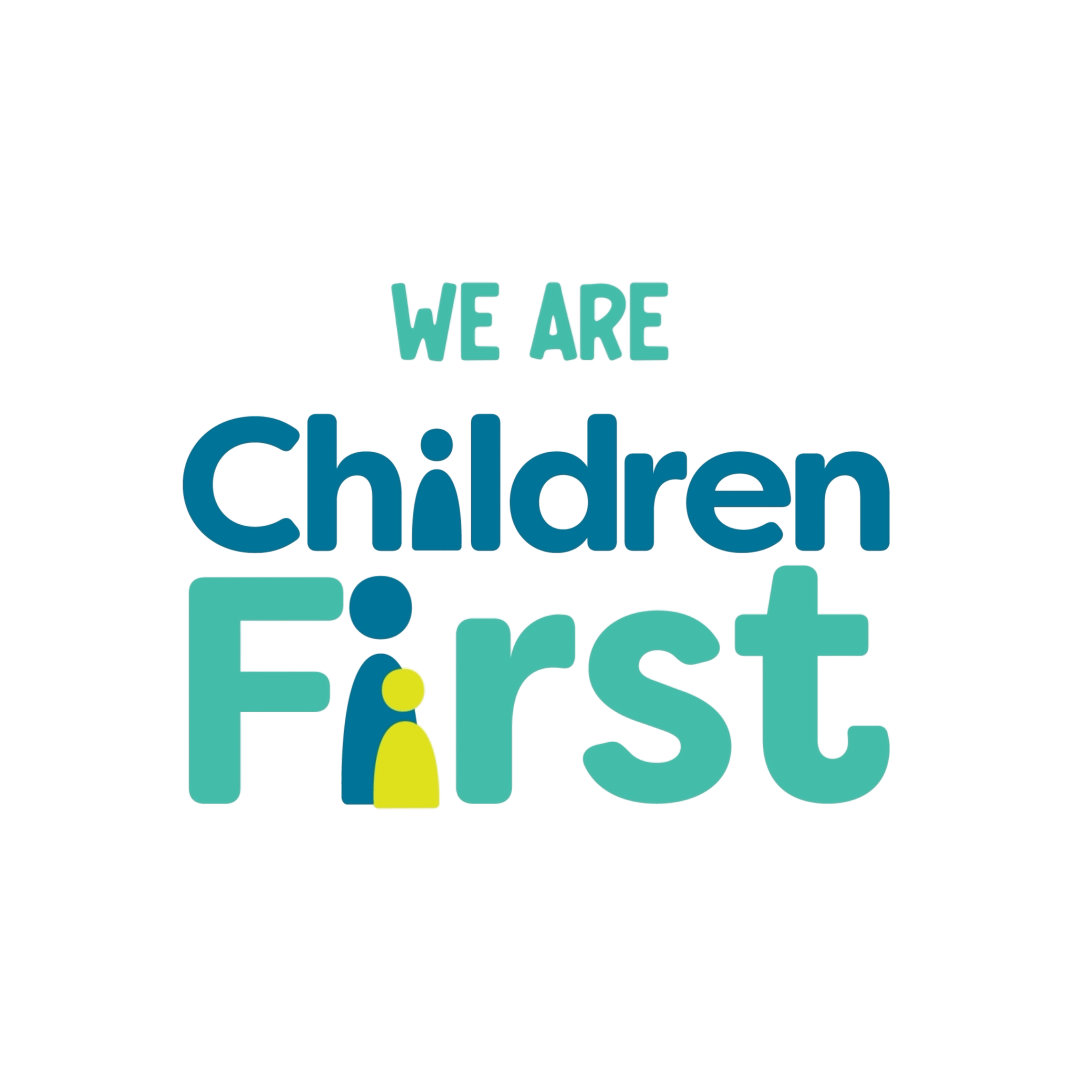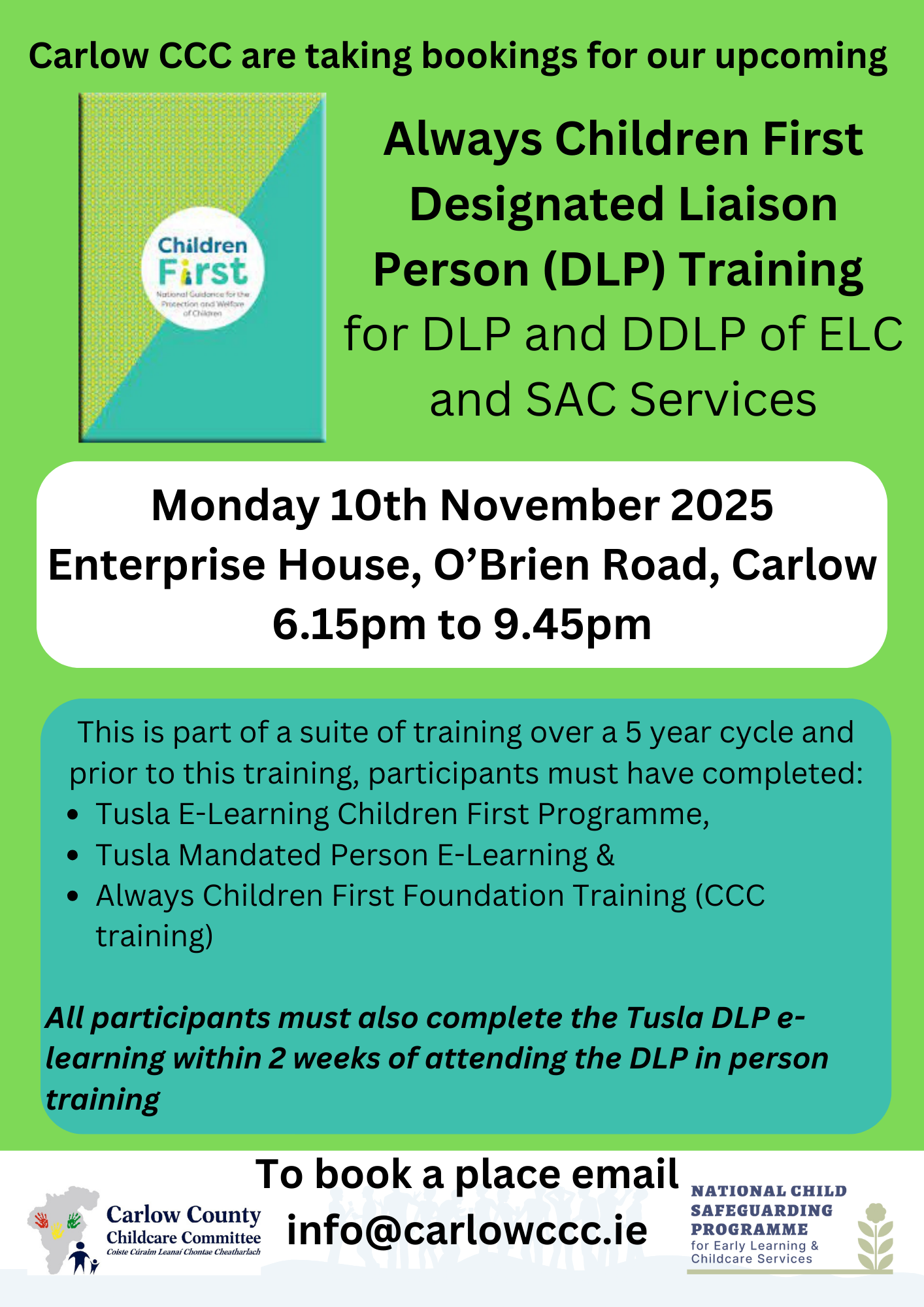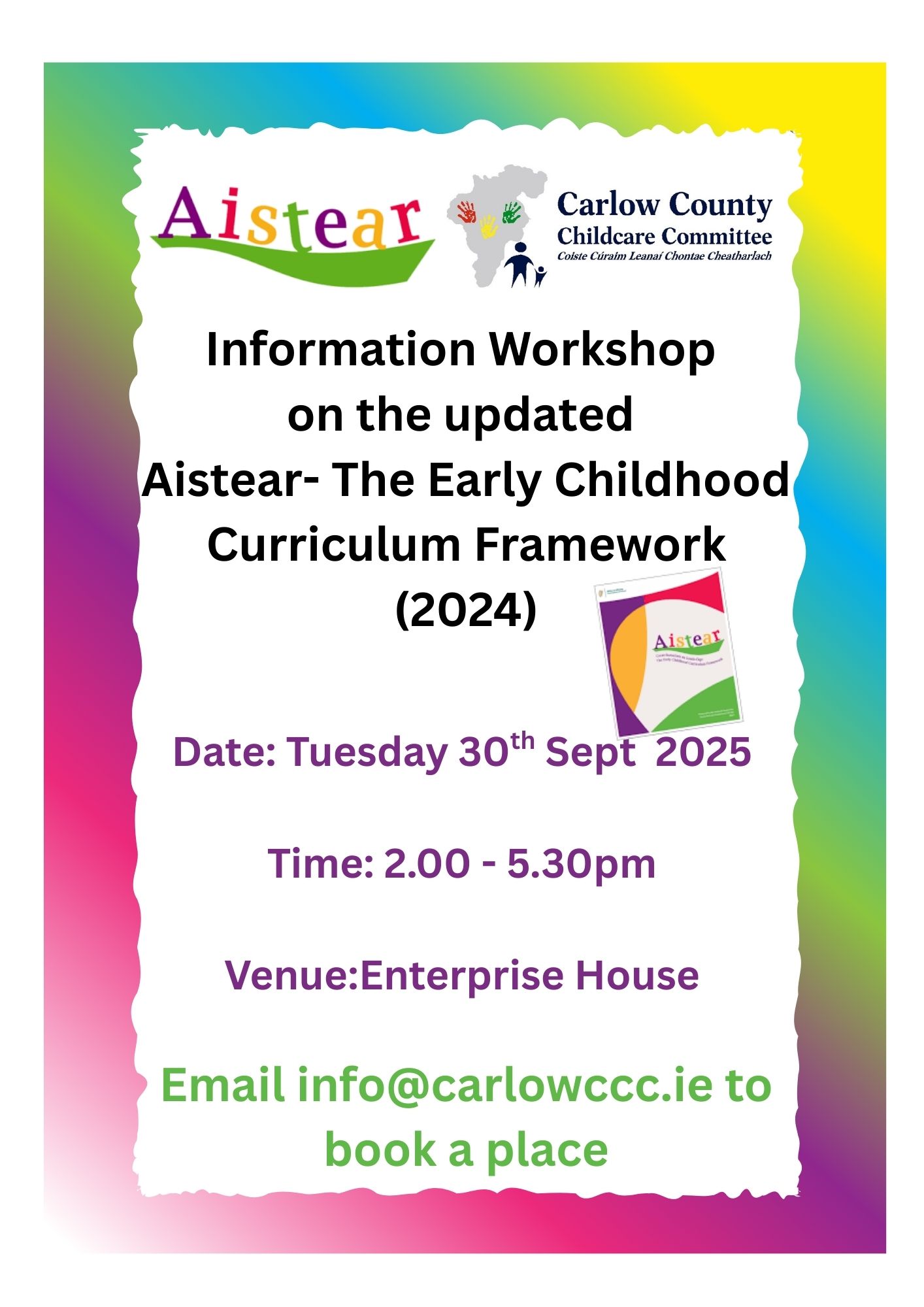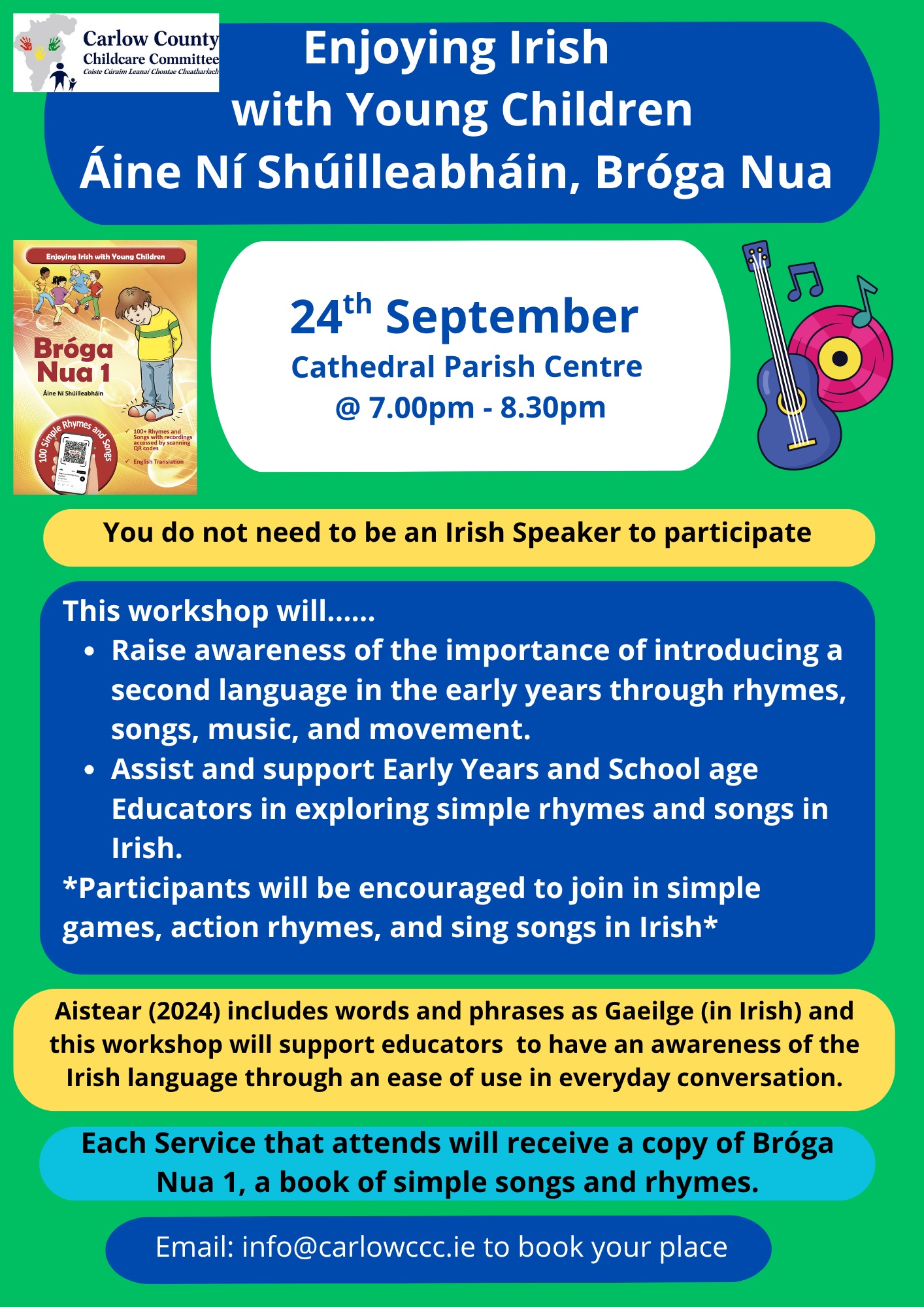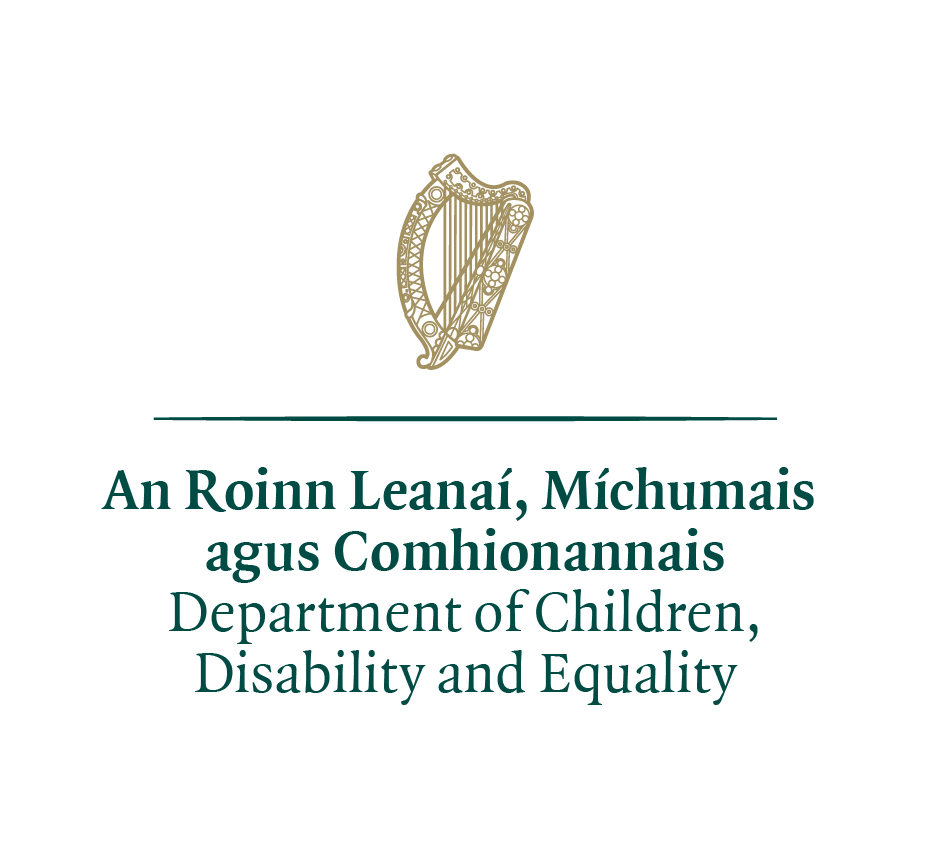Government has today announced the publication of the National Human Rights Strategy for Disabled People 2025-2030. This Strategy marks a significant milestone in the advancement of disability rights in Ireland, as the first published since Ireland’s ratification of the United Nations Convention on the Rights of Persons with Disabilities (UNCRPD).
The development process for the Strategy was driven by disabled people and their representative organisations. The extensive consultation process included engagement with Disabled Persons’ Organisations, interviews, written submissions, town hall events across the country, a national questionnaire and focus groups with disabled women and girls, disabled LGBTIQ+ people, disabled Travellers and Roma, and other seldom heard voices.
The launch was celebrated at Dublin’s Mansion House today with significant involvement from the disabled community and their representative organisations. This included disabled volunteers who welcomed guests, alongside students from Together Academy (which provides young adults with Down syndrome with training and employment opportunities) who served refreshments. Guests also enjoyed a musical performance from Bass Brothers, a young rock band from Portlaoise, including 18-year-old lead singer Tony McInerney who is a vision impaired traveller. Furthermore, Ms Lianne Quigley of the Irish Deaf Society and Mr Joseph McGrath of the National Platform of Self Advocates spoke of the importance of the Strategy and the positive change that the Strategy promises for disabled people in Ireland.
Some of the flagship commitments that Government will be proud to deliver, in partnership with disabled people, over the lifetime of this Strategy are the following:
- A cross-government approach to provide better accessibility for disabled people in their everyday lives in terms of footpaths, roads, buildings and public transport.
- Better accessibility of information for disabled people, including through enhanced access to digital and assistive technologies.
- Whole-of-government solutions to Tackle the cost of disability that disabled people experience in their day-to-day lives.
- Better access to education at all levels for disabled people through a new Roadmap for Inclusive Education in Ireland and by providing tailored guidance for disabled students in schools.
- Disabled people will have more opportunities for employment with the expansion of programmes like the Work and Access Programme and a doubling of the number of Dedicated Disability Employment Advisors operating in Intreo offices.
- Disabled people will have better access to the supports they need to live independently with the development of a new National Policy on Personal Assistance.
- Disabled children and their families will have better access to the right specialist services at the right time, via improved early intervention and therapy services for children with complex needs and reduced waiting lists for both therapy services and Assessments of Need.
- Disabled people will have better access to reliable and accessible transport, including reducing the advance notice required for public transport bus and rail journeys.
Taoiseach Micheál Martin opened the event, noting that the publication of this strategy is a priority in the programme for Government. Speaking at the launch, the Taoiseach said:
“The publication of the National Human Rights Strategy for Disabled People represents a milestone for this Government, and I am confident it will come to be regarded as a landmark moment for the advancement of disability rights in Ireland. The commitments set out here represent an ambitious programme of work over the next five years, cutting across the full range of issues that affect a disabled person in their daily life.
“We want disabled people to be able to get a good education, a meaningful job, have access to healthcare and transport, and to participate in their community just like everyone else. Delivery of this strategy will demand a genuine and significant whole-of-Government effort. Government has been clear on the need for robust oversight structures and accountability to ensure that we deliver on the commitments we make here today. I am delighted that these are built into the strategy, supporting our efforts from the outset, and I look forward to the work ahead of us in building a more accessible Ireland for disabled people”.
Tánaiste Simon Harris welcomed the launch and said:
“The National Human Rights Strategy for Disabled People sets out a vision for the future of disability services in Ireland. It is the culmination of decades of energy and effort from disabled people, their families and communities in advocating for the human rights we are all entitled to. I am so grateful to all of the disabled people who gave of their time and expertise to shape this Strategy and to support its ambition.
“Since coming into office, Government has been clear: we want to do more, and we want to do better for disabled people. That is why this Strategy has been prioritised for publication early in our term, so that we can lead and be assured of its delivery over the lifetime of the Government. I look forward to working with colleagues in Government and with people across Ireland to realise the transformation promised in this National Human Rights Strategy for Disabled People.”
Minister for Children, Disability and Equality Norma Foley, said:
“As Minister for Children, Disability and Equality, I appreciate the commitment of our Taoiseach Micheál Martin and my government colleagues to delivering this strategy because it will require the support and co-operation of every single minister, every single department and all of society.
It is called the National Human Rights Strategy for Disabled People because disabled people themselves want a human rights focus in the strategy. The clear message of equality is that people with disabilities want and deserve to be treated the same as everybody else.
They have driven the development of this strategy, right down to the motto they chose themselves for it. “Equal voices, equal actions, equal futures.” I am confident this strategy will set the course for disability policy across government over the next five years, driving real change for disabled people.”
Minister of State with Responsibility for Disability, Hildegarde Naughton, said:
“This strategy would not be so ambitious without the input and determination of disabled people and their representative organisations who have given so generously of their time in its development. From today (Wednesday), we get to work on delivery and implementation.
“Disabled people are often prevented from enjoying the same opportunities as other citizens across a range of areas including education, transport and participation in community life. This is a reality and a lived experience that we must acknowledge. But it is not a reality that I, as Minister for Disability, accept. We must change how we do things and give disabled people the same rights and opportunities as every other citizen. That is why this strategy is so important.
It falls on each Government department, and each minister, to make sure that happens. No-one department or minister is responsible. We all are. It is only by matching our words and promises with action that we can earn the trust of disabled people. That is why we recognise today as the beginning of a journey together, and not the final destination.”
Minister of State at the Department of Transport Seán Canney, Leader in Cabinet of the Independent Ministers, said:
“I am delighted to see the launch of the National Human Rights Strategy for Disabled People. Disability is an issue that touches all of our lives, and this Strategy represents a real opportunity for step-change in our approach to this issue across government. It provides us with the collaborative infrastructure we need to work together more efficiently on providing joined-up services for disabled people.
As Minister of State at the Department of Transport with responsibility for International and Road Transport, Logistics, Rail and Ports, I am delighted that my department is taking a leading role across government on a dedicated pillar on transport and mobility. Reliable and accessible transport is absolutely vital to ensuring that disabled people are empowered to get to and from education, employment, healthcare and to enjoy their local communities on an equal basis with everyone else.
I look forward to working with colleagues across government to deliver on the actions under this Pillar and across the Strategy more broadly.”
Work has already commenced on this agenda. Robust stakeholder engagement structures will be established by the Department of Children, Disability and Equality to maintain disabled people’s sustained input into policy and legislation across the Strategy, including through the establishment of a dedicated Disabled Persons’ Organisation Group that will provide detailed advice and guidance on the basis of expertise and lived experience.
ENDS//
Notes to Editor
Copies of the Strategies can be found at gov.ie/disabilitystrategy
Ireland ratified the United Nations Convention on the Rights of Persons with Disabilities (UNCRPD) in 2018. Following the expiration of the National Disability Inclusion Strategy 2017-2021 in 2022, the delivery of a successor strategy to further implement the UNCRPD is a commitment in the Programme for Government, as a key part of delivering a “step-change” in the provision of services for disabled people.
The Strategy sets out a whole of government approach to disability over the next five years. This means that Government departments and state bodies are responsible for planning and delivering commitments across various sectors.
The Strategy will advance delivery on actions across five key thematic pillars that collectively capture the full range of issues impacting on the lives of disabled people:
- Inclusive Learning and Education
- Employment
- Independent Living and Active Participation in Society
- Wellbeing and Health
- Transport and Mobility
To ensure the commitments outlined in the Strategy are met, robust delivery and monitoring structures have been co-designed with stakeholders to ensure oversight and accountability throughout the lifetime of the Strategy, with a strong focus on collaboration and active problem solving, reflecting a transformative step-change in delivery of disability policy.
At the highest level, the Cabinet Committee on Disability will oversee the Strategy, and all groups responsible for delivery will be accountable to this Cabinet Committee.
The National Human Rights Strategy for Disabled People 2025-2030 will be delivered across three Programme Plans of Actions.
- First Programme Plan of Actions 2025-2026
- Second Programme Plan of Actions 2027-2028
- Third Programme Plan of Actions 2028-2030
The First Programme Plan of Actions 2025-2026 will be published three months post-publication of the Strategy and will detail Key Performance Indicators for commitments as outlined.
Accessibility
Making both the Strategy document and launch event as inclusive and accessible as possible has been a key priority for the Department.
8 different versions of the Strategy document have been produced and will all be available on launch day, this includes:
- Hard and soft copy documents in English, Irish, and Easy to Read versions.
- Screen reader friendly versions in English and Irish.
- Braille (in two different types of Braille – SEB and UEB).
- ISL signed video with captions and voiceover
Our launch event aims to be one of the most accessible Government launches including, but not limited to, the following elements:
- 3 wheelchair accessible entrances
- Fully accessible washroom facilities, including a changing places ‘AccessoLoo’ specifically brought in for the event
- ISL interpreters, live captioning, and hearing aid loop system
- Hybrid streaming option, including ISL interpreters and stenography for live captions on-screen
- Quiet space on-site
- Venue guide shared in advance
- Traffic light system for attendees’ levels of comfort for interaction
- Audio described versions of all videos shared on the day
Public Information Campaign
As part of the development of the Strategy, it was important for the Department of Children, Disability and Equality to work with disabled people on the creation of a public information campaign for the strategy.
We agreed with our partners in the Disabled Person’s Organisation (DPO) Network to use real-life scenarios in the campaign linked to each pillar of the Strategy. It was very important that these scenarios featured volunteers from the disabled community in integrated settings that felt inclusive, as opposed to segregated.
On the 11th of August, we brought them together to work on the production and filming of the campaign, and we also created a video which asked them what the Strategy meant to them.
The volunteers who took part in the campaign will be present on the launch day itself, both welcoming attendees and receiving plaudits for the vital role they played in the campaign.
Our partnership with the DPO network also led to the co-created final campaign tagline:
‘Equal Access. Equal Voices. Equal Futures.’
Our partners felt that this line most accurately reflected the hopes and viewpoints of disabled people regarding the Strategy.
The formats of our campaign also aim to be as inclusive and accessible as possible. This included adding a Broadcast Video on Demand (BVOD) format, as this format is one of the most accessible for disabled audiences. There is also radio, press and social campaign assets.
Alt text (which is a brief text description of images and graphics) is an essential part of making content accessible and is included on all social. All our video assets will also run with captioning and Irish Sign Language (ISL), as well as being accompanied by audio described versions.
The Bass Brothers:
The Bass Brothers are a young band from Portlaoise made up of 3 young travellers, Tony McInerney, James McInerney and Martin Donoghue. The band are part of Music Generation Laois.
The Bass Brothers are heavily influenced by country music and folk elements. The band write and record original songs, as well as performing country classics. The band have performed at many events in Laois, including the National Ploughing Championships and The Old Fort Quarter Festival. In Summer 2025, as part of a cross-border music project led by Music Generation Laois, entitled ‘Isle of Song’, The Bass Brothers performed at Stendhal Festival in Limavady.
The band rehearse weekly with their Musician Educators, Ros O’Meara and Denise Boyle, who will join them on stage for this morning’s performance. Seanan Brennan and David Harte from Music Generation Laois will also join the band on stage.
Music Generation Laois is part of Music Generation, Ireland’s national music education programme, initiated by Music Network and co-funded by U2, The Ireland Funds and the Department of Education and Youth. Music Generation Laois is part of Laois and Offaly Education and Training Board and supported by Laois County Council.
